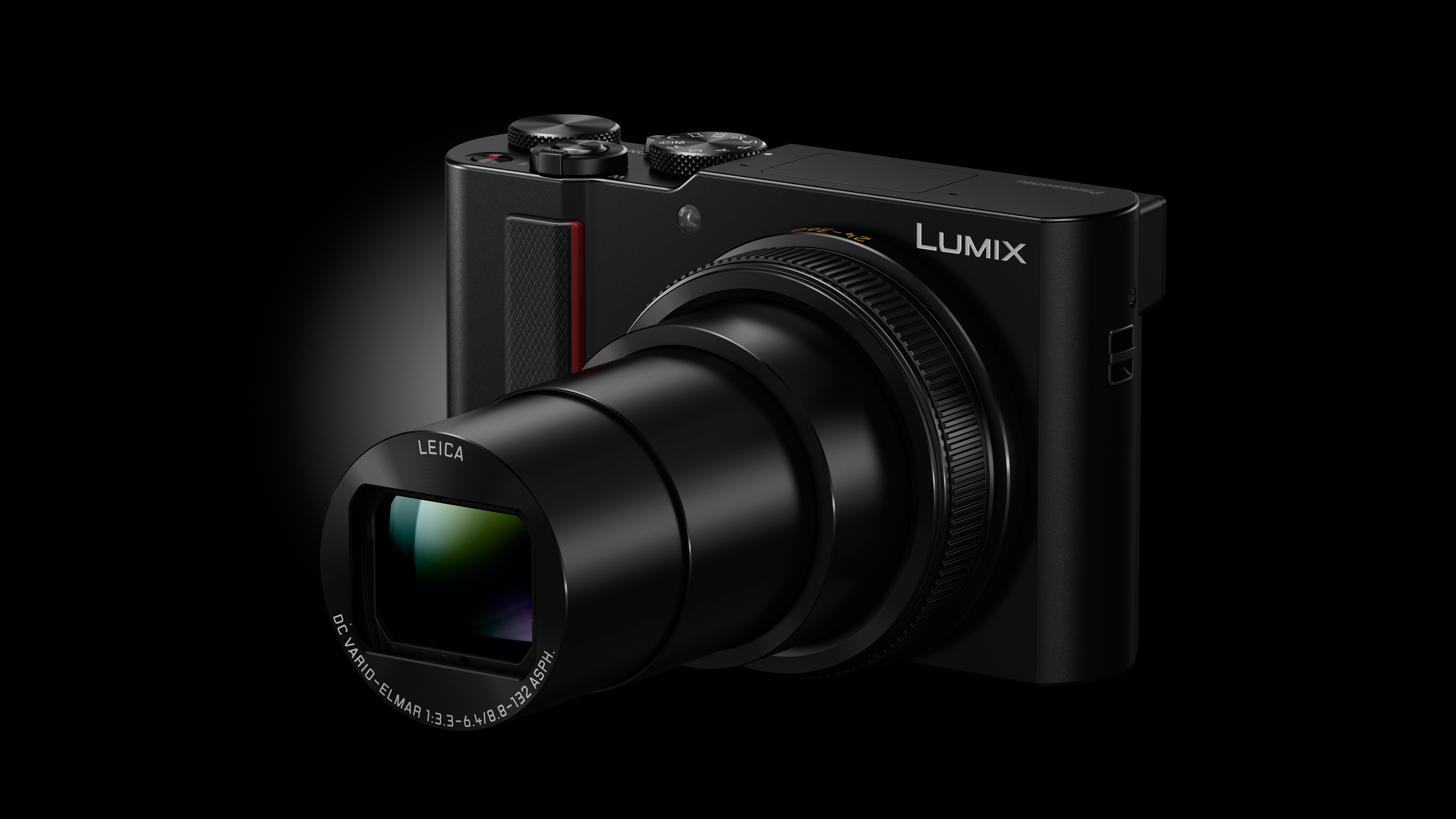
The Lumix ZS200 (known as the Lumix TZ200 / TZ220 outside the US) is the latest travel zoom compact camera from Panasonic, and one which the company hopes will continue its stranglehold on this growing market.
Panasonic pretty much invented the travel zoom camera genre – that is, compact cameras that you can fit in a pocket but which have long zoom lenses built-in – with the current Lumix ZS100 (TZ100 / TZ110) our pick of the bunch right now.
The company isn't resting on its laurels though, and has extended its range further with the Lumix ZS200 / TZ200 / TZ220, with the company stressing that the ZS100 / TZ100 / TZ110 continues in the lineup.
15x optical zoom
Perhaps the biggest difference between the new Lumix ZS200 / TZ200 / TZ220 and the ZS100 / TZ100 / TZ110 is the zoom range on offer. While the ZS100 / TZ100 / TZ110 managed to squeeze in a 10x optical zoom with a range of 25-250mm and a maximum available aperture of f/2.8-5.9, the ZS200 / TZ200 / TZ220 incorporates a 15x optical zoom with a coverage of 24-360mm and a maximum aperture of f/3.3-6.4; a touch wider at the start of the zoom range then (though with a slightly narrower/slower maximum aperture), but noticeably more reach at the long end.
The new lens design enables the Lumix ZS200 / TZ200 / TZ220 to focus down to 3cm to enable the capture of close-up macro shots.
With such a large 15x zoom, there's also Panasonic's Power OIS stabilization system on hand to counteract camera shake for stills photography, and five-axis hybrid OIS stabilization for video.
What made the ZS100 / TZ100 / TZ110 unique among travel zoom compacts was its relatively large 1-inch sensor, which is some four times larger than those in most rival cameras (such sensors are normally found in premium compacts like Sony's RX100 V and Panasonic's own Lumix LX10 / LX15), and the Lumix ZS200 / TZ200 /TZ220 features a similar 20.1MP 1-inch sensor.
Get daily insight, inspiration and deals in your inbox
Sign up for breaking news, reviews, opinion, top tech deals, and more.
The Lumix ZS200 / TZ200 / TZ220 can shoot in raw (as well as JPEG), and it's no surprise to see 4K video capture up to 30p, while Panasonic's 4K PHOTO mode lets users extract single frames from 4K burst files shot at 30fps and save them as 8MP equivalent images.
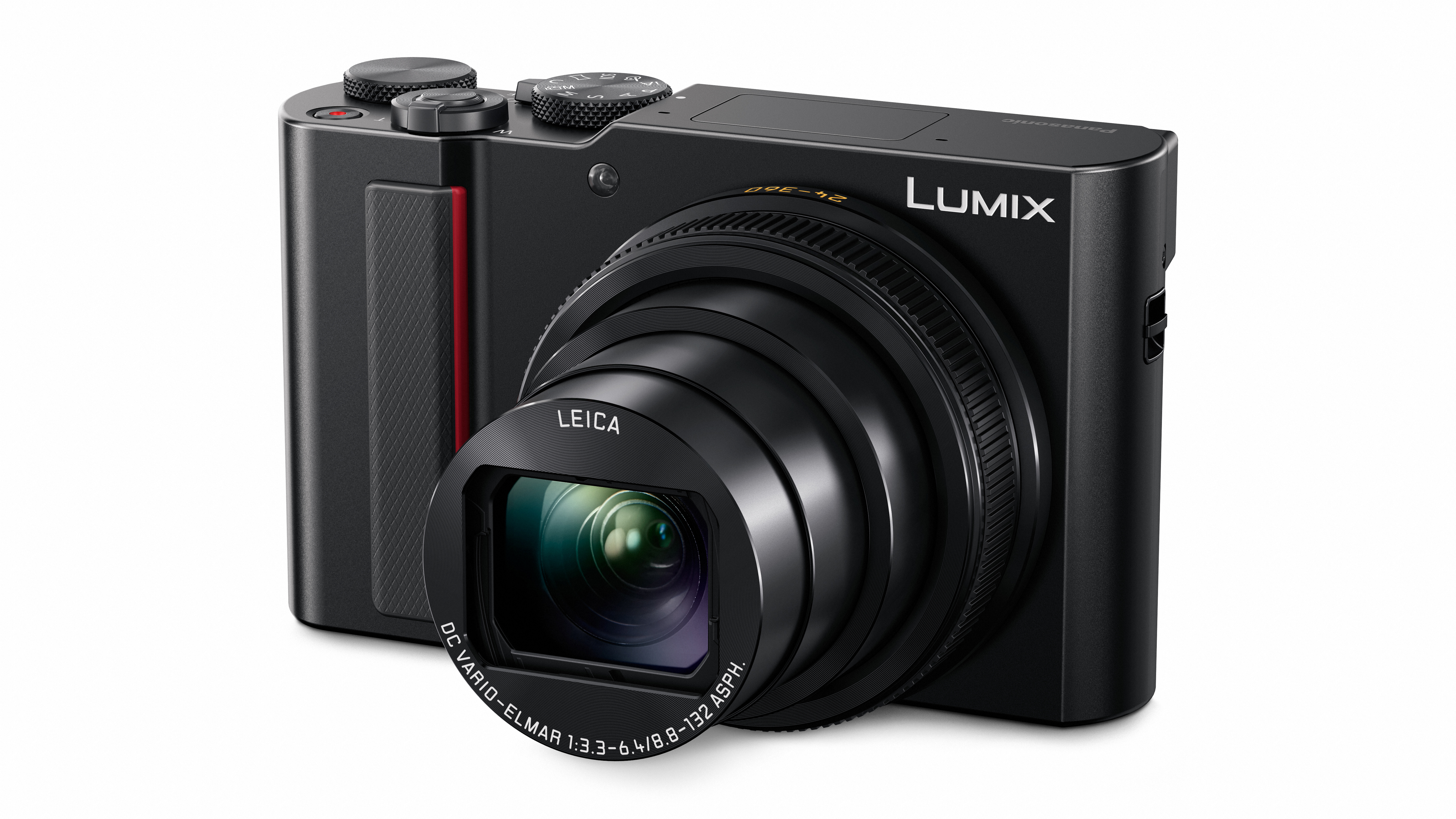
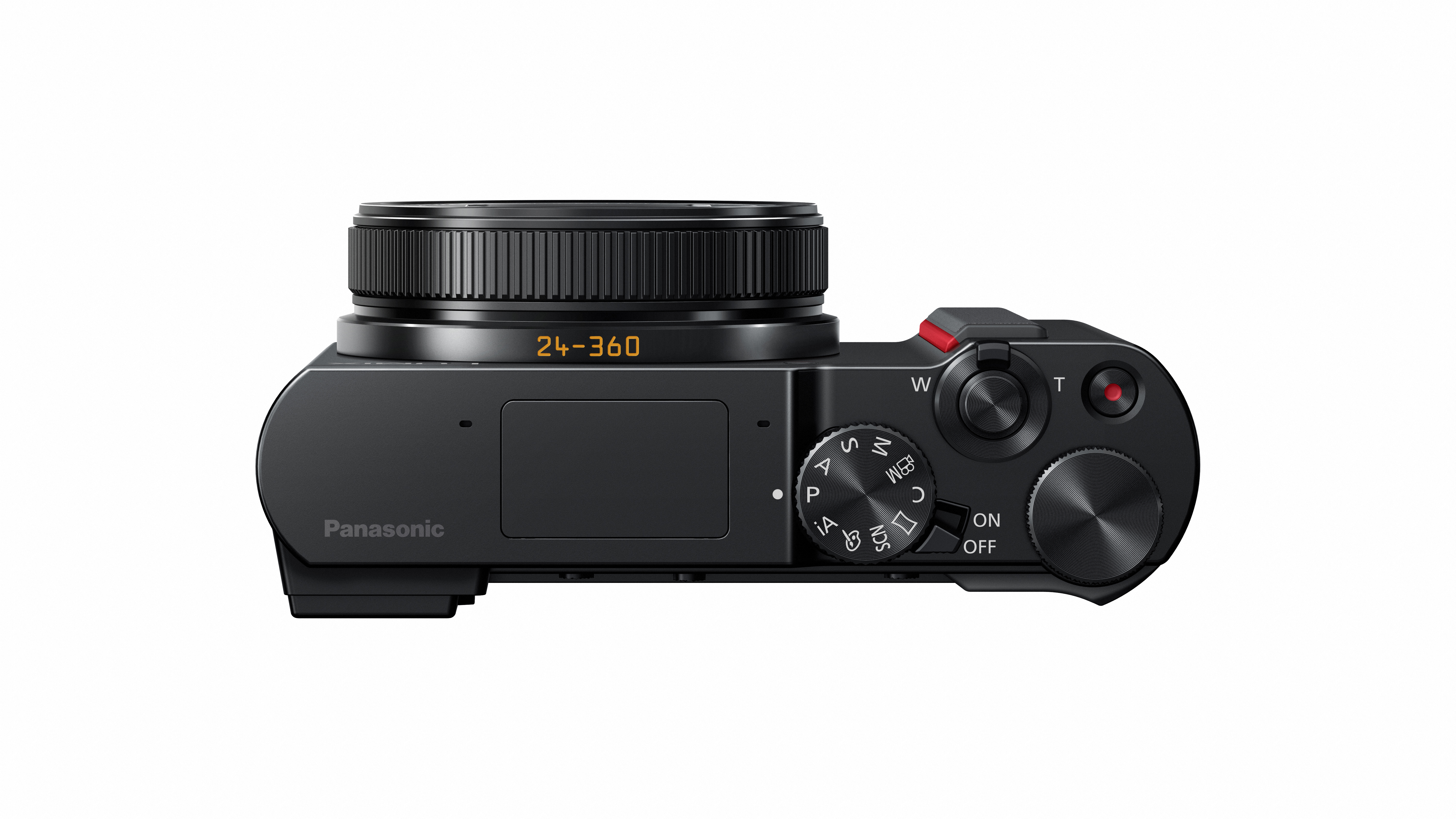
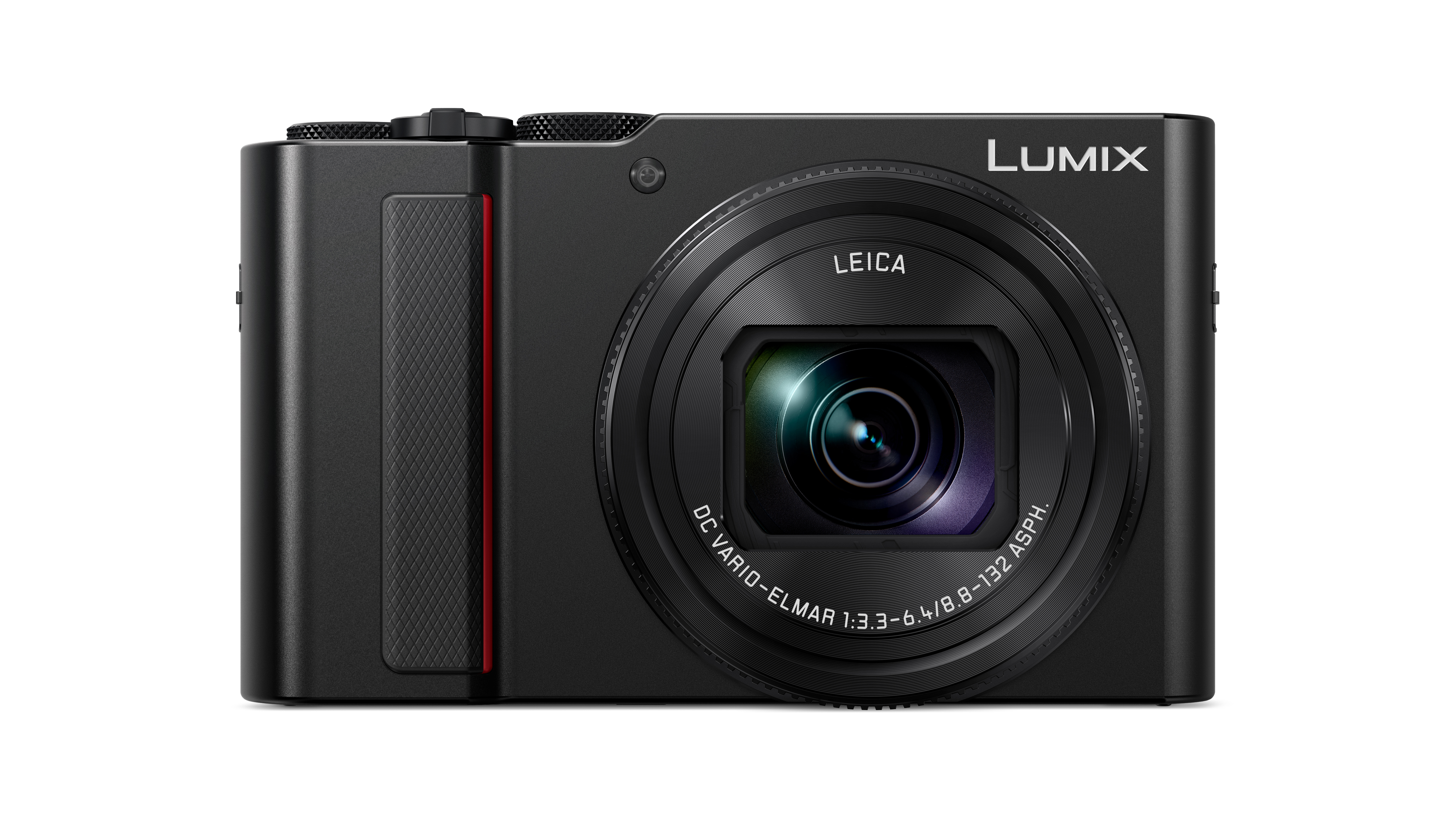
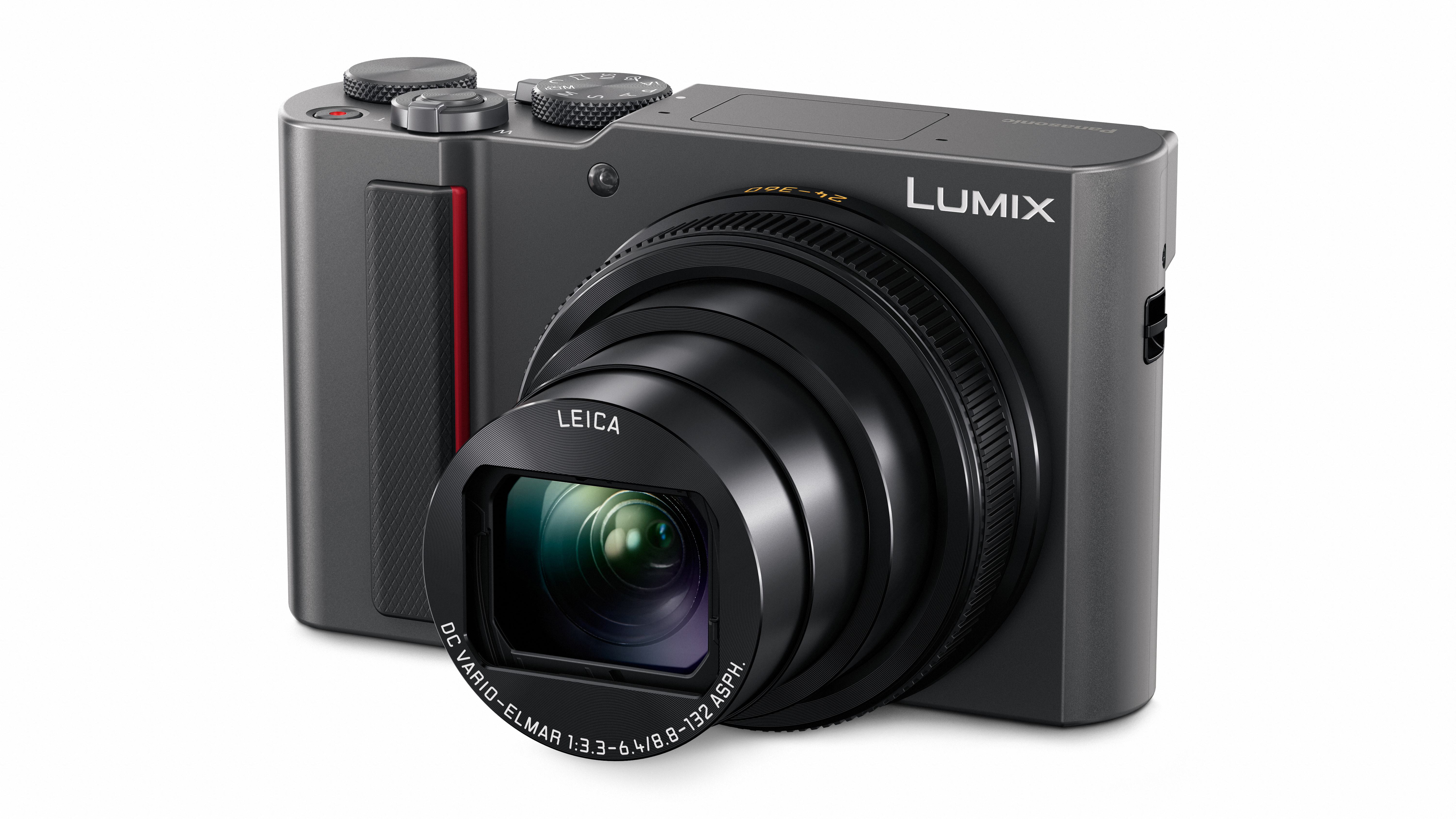
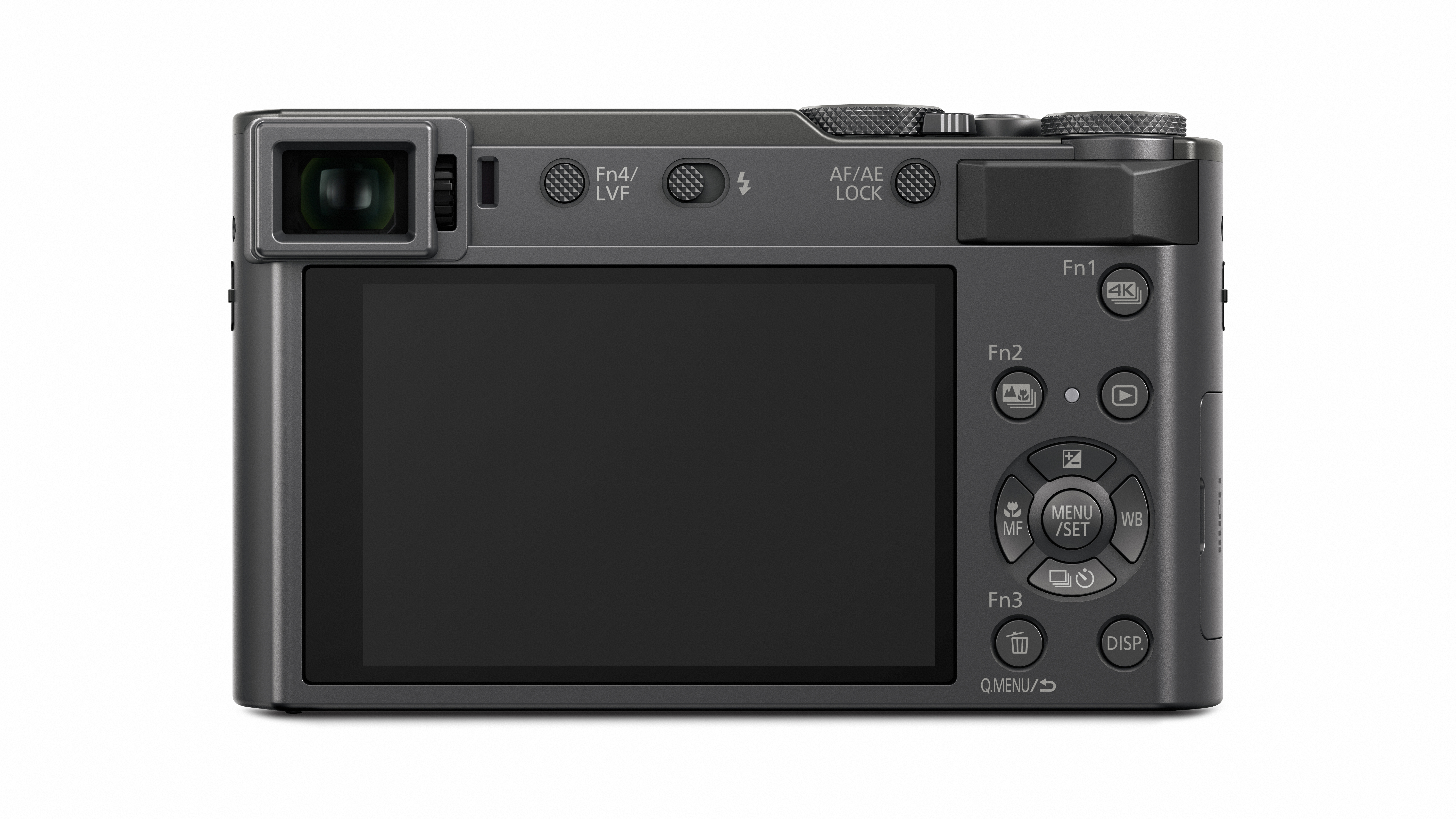
Enhanced handling
While the inclusion of a built-in electronic viewfinder (EVF) on the ZS100 / TZ100 / TZ110 was certainly welcome, its modest resolution let it down a bit. The Lumix ZS200 / TZ200 / TZ220 retains an EVF, but gets a decent boost in resolution, from 1.17m dots to an impressive 2.3m. It's also a little larger at 0.21 inches (compared to 0.2 inches on the ZS100 / TZ100 / TZ110), and offers slightly better magnification of 0.53x compared to 0.45x. These improvements should make framing shots in bright ambient light that much easier.
The ZS200 / TZ200 / TZ220 also has a large 3-inch touchscreen on the rear. As you'd expect, there's a sensor which detects when the camera is held to the eye and automatically switches off the main screen and activates the EVF.
The body design has also been refined. The smooth grip, which came in for some criticism on the ZS100 / TZ100 / TZ110, now has a textured lip that's designed to provide a more solid feel in the hand.
The Lumix ZS200 / TZ200 / TZ220 features a newly adopted eco30fps mode, which reduces the Live View refresh rate, and which should see the camera good for around 370 shots (if you're using the rear LCD) per charge. The battery can be charged via AC or USB.
Like many recent cameras, the Lumix ZS200 / TZ200 / TZ220 features a Bluetooth Low Energy connection to enable a consistent connection with a smartphone or tablet with minimum power consumption, alongside the usual Wi-Fi connectivity.
The Lumix ZS200 / TZ200 / TZ220 will be available in early March (April in Australia), in graphite silver or black finishes, and is priced at $799.99 / £729 / AU$1,199.
Phil Hall is an experienced writer and editor having worked on some of the largest photography magazines in the UK, and now edit the photography channel of TechRadar, the UK's biggest tech website and one of the largest in the world. He has also worked on numerous commercial projects, including working with manufacturers like Nikon and Fujifilm on bespoke printed and online camera guides, as well as writing technique blogs and copy for the John Lewis Technology guide.
